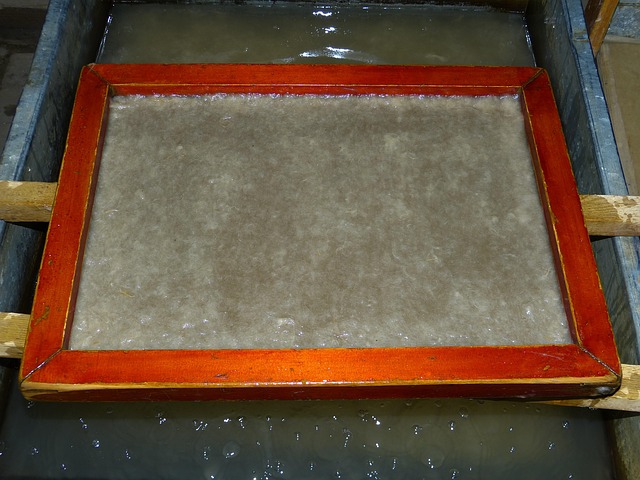Paper manufacturing plays a significant role in our daily lives, from the notebooks we use in school to the printed materials we rely on for information. However, the environmental consequences of this industry are pervasive and alarming, particularly in the context of deforestation. The process of producing paper requires vast amounts of raw materials, primarily sourced from trees. This directly contributes to the degradation of forests, which are vital ecosystems that provide numerous benefits to the environment.
Forests serve as crucial carbon sinks, absorbing carbon dioxide from the atmosphere and releasing oxygen through photosynthesis. When trees are cut down for paper manufacturing, the balance is disrupted, leading to increased levels of greenhouse gases. This exacerbates climate change, resulting in more extreme weather events, rising sea levels, and loss of biodiversity. It is a stark reminder that our consumption habits can have far-reaching implications that go beyond our immediate needs.
Moreover, deforestation due to paper manufacturing doesn’t just affect the climate but also the countless species that call forests home. As habitats are destroyed, many animals face extinction, disrupting entire ecosystems. The loss of biodiversity reduces resilience against environmental changes and disease, further threatening the planet. As consumers, we must consider the consequences of our reliance on paper products and advocate for sustainable practices that mitigate these impacts.
With the increasing awareness of climate change, the paper manufacturing industry is beginning to take steps towards sustainability. Many companies are working towards responsible sourcing, ensuring that the wood used in their products comes from sustainable forests. Moreover, innovations in recycling technology have significantly reduced the need for virgin materials, allowing us to rethink our relationship with paper.
However, it is not just up to manufacturers; as conscious consumers, we hold the power to drive change. Opting for recycled paper products, reducing paper use, and supporting brands committed to sustainable practices can collectively make a significant difference. By being mindful of our choices, we can help combat deforestation and contribute to a healthier planet.
The intersection of paper manufacturing, deforestation, and climate change illustrates the delicate balance of our ecological systems. Understanding the impact of our consumption can lead to informed decisions that favor the environment. It is imperative that we recognize the urgency of this situation and act now to protect our forests and climate for future generations.




